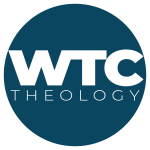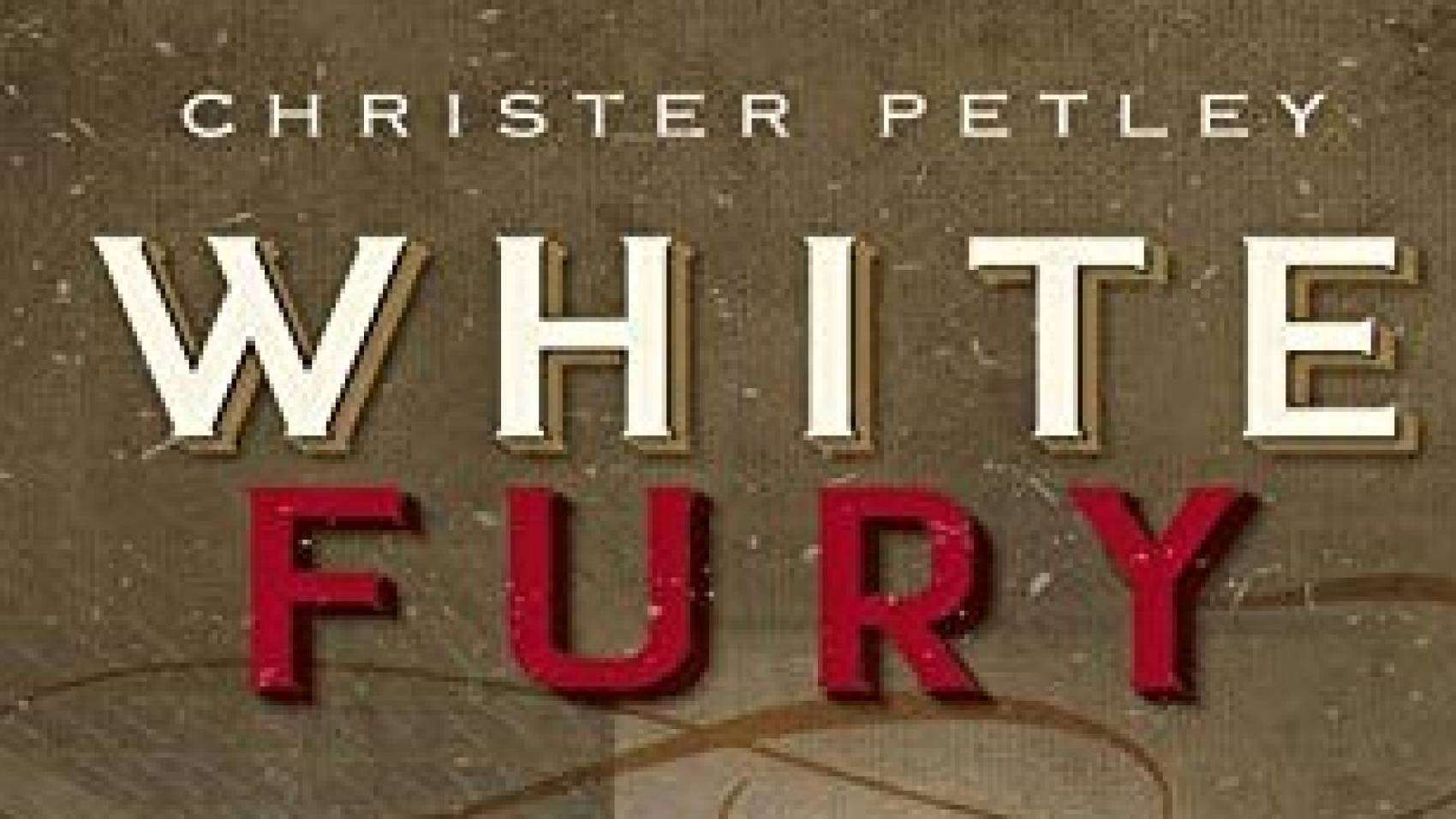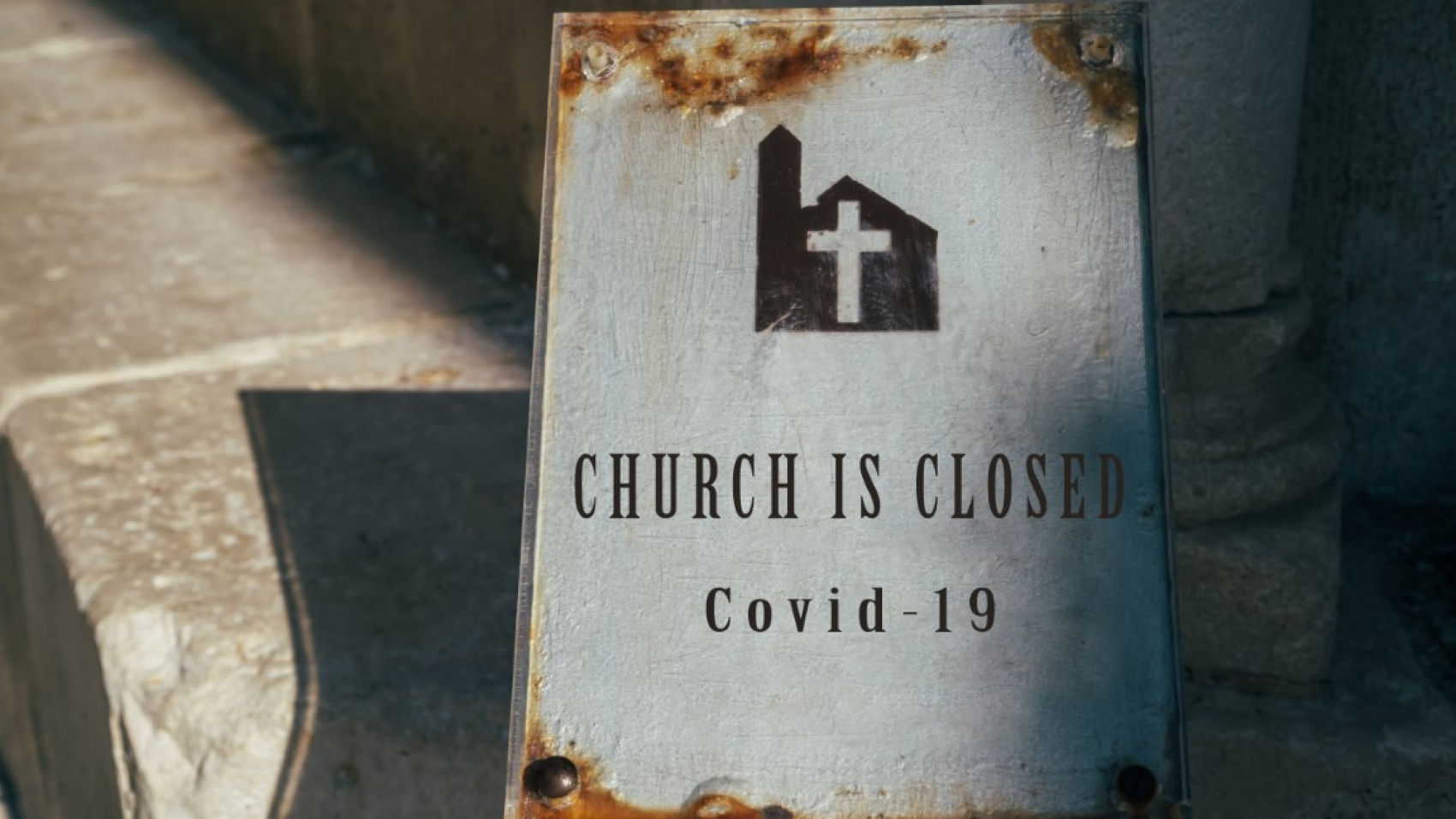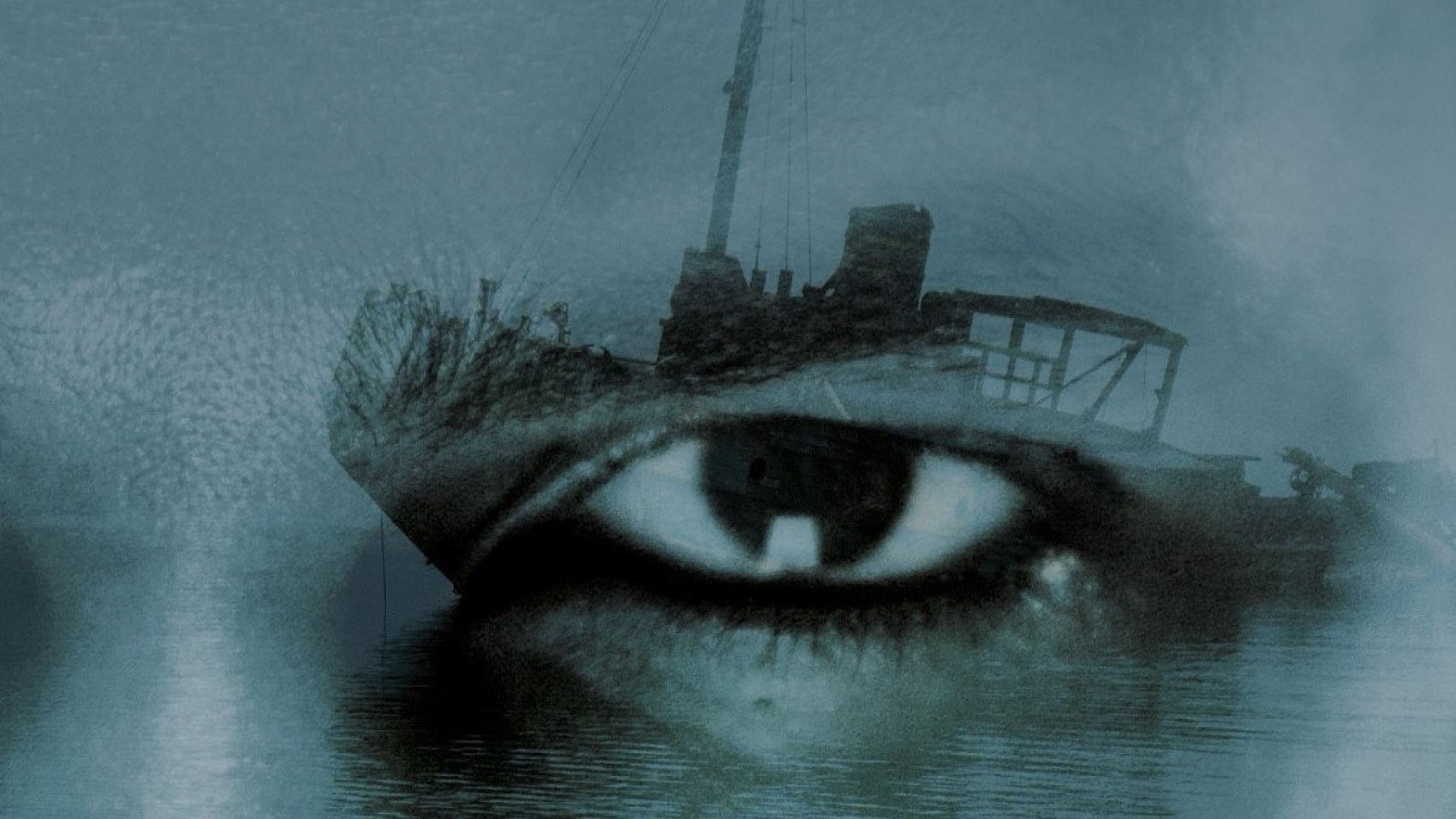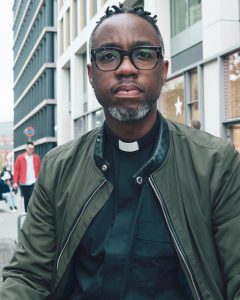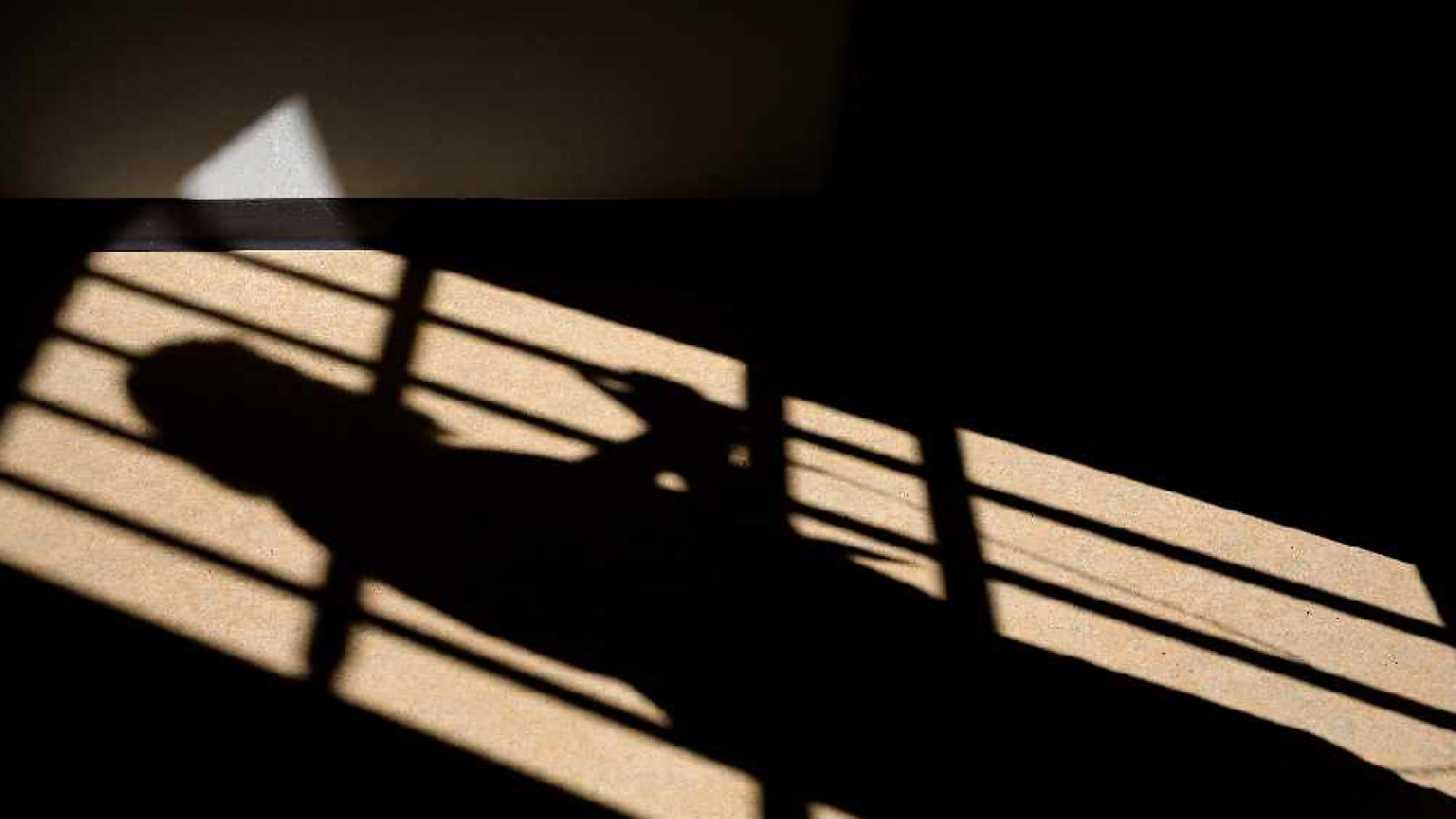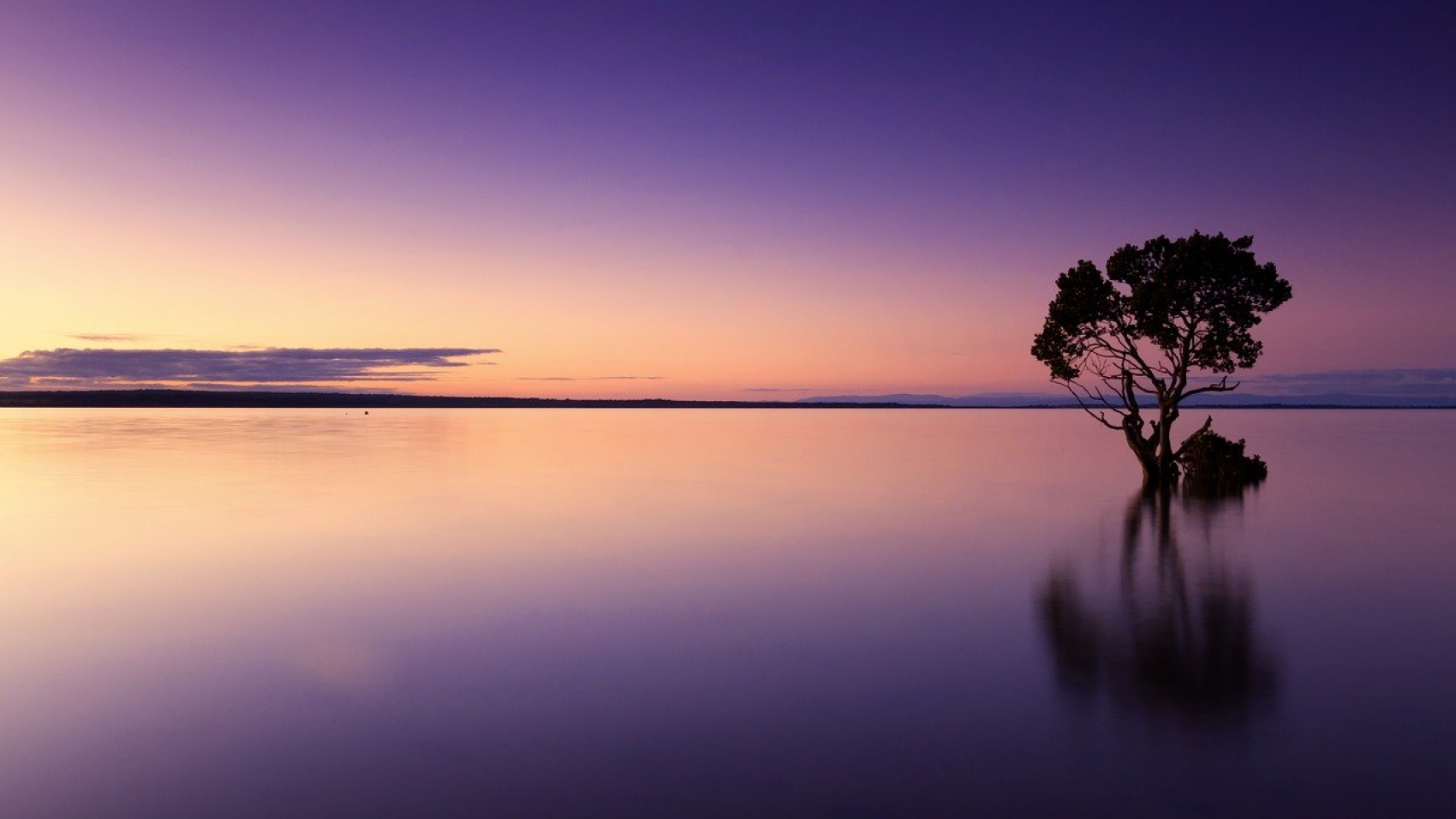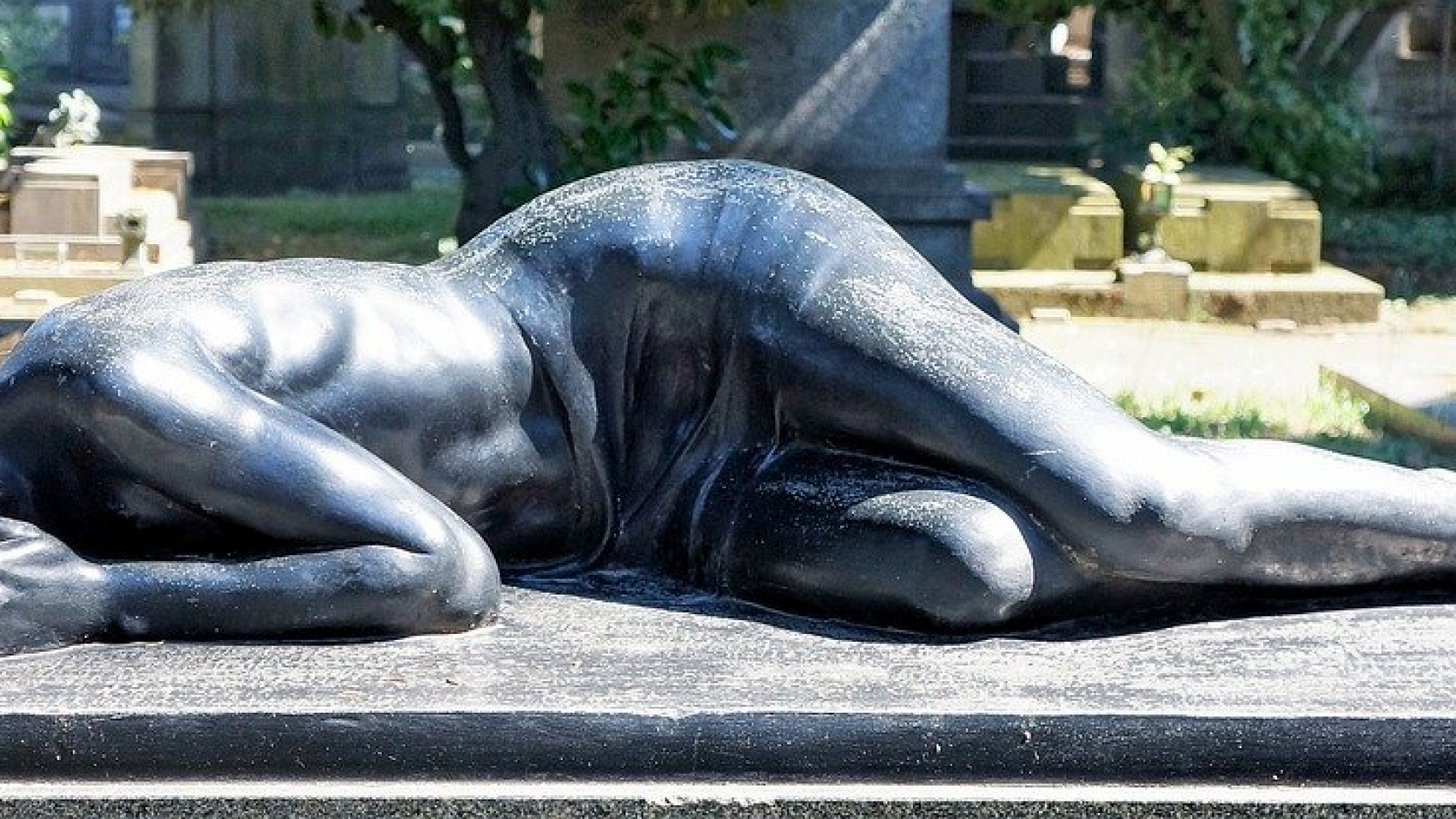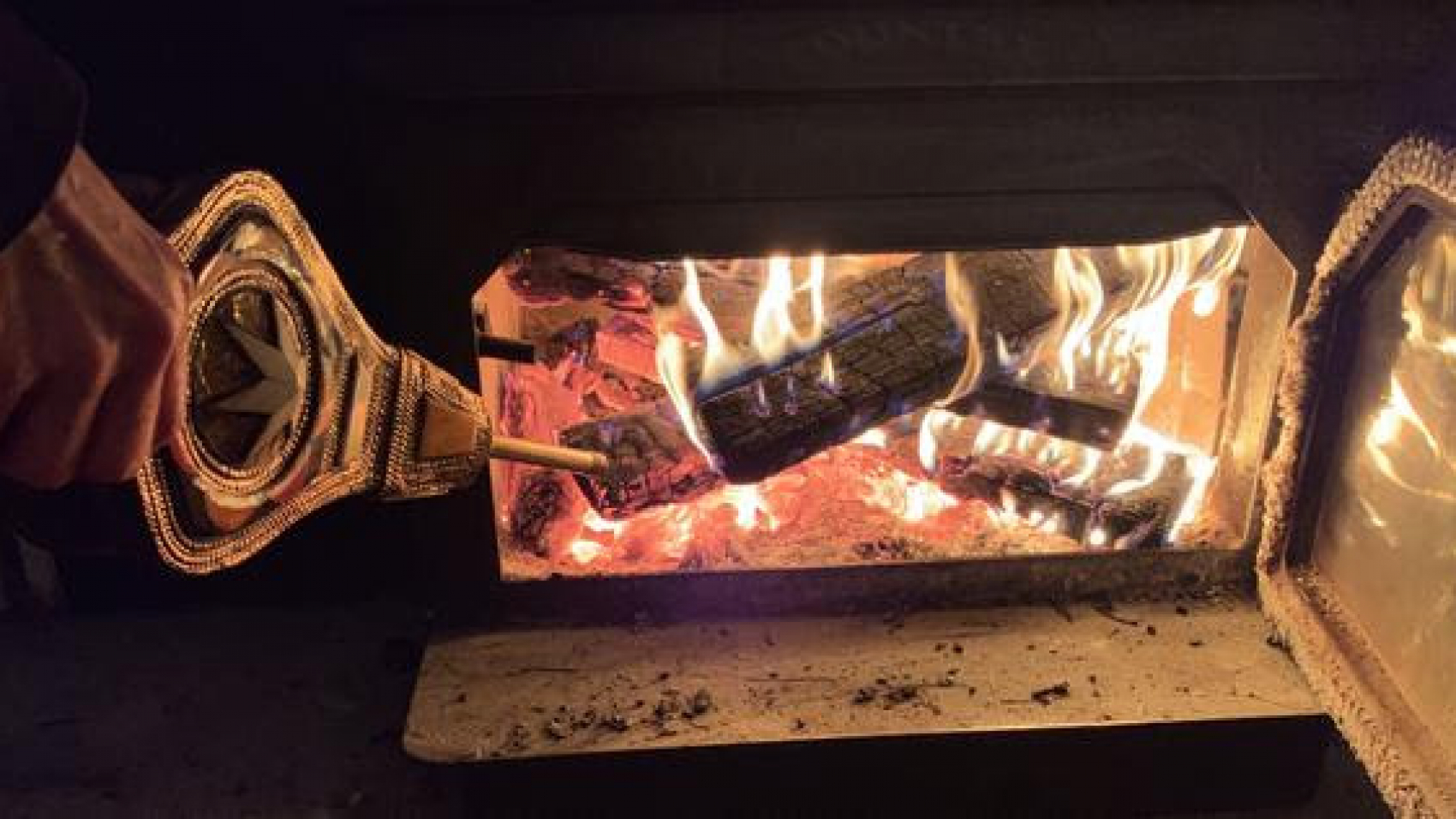This is the third post in the series on Charismatic Christians, Crisis, and Coronavirus. For part one of this series go HERE. For part two of this series go HERE.
What Happened to 2,000 Years?
I love history and wish I had studied more of it in my life. I’m a bit shocked, if I’m honest, at how little history we all know, how little general history and how little Christian history. I remember one of my professors (a Roman Catholic) at King’s College saying that Charismatics and Pentecostals concertinaed time because we look back to the Bible and then map it straight on to today as if there was nothing in between. It’s so true. It means that now, Charismatics are looking to the Bible to make sense of what’s happening, and the results of trying to find guidance for this specific time can be a stretch. What would help us would be to speak to our historians who will provide us with some valuable resources from history that are much more specific to our situation because Christians have lived through plagues before. For a really good example of this see Bruce Hindmarsh’s post on the history of the church and plagues here.
One example that struck me is from Cyprian of Carthage (c.200-258 AD). He himself was martyred, but in the years before he was executed, also endured a plague. He writes about this in one of his Treatises (Treatise 7) on the question of mortality. In this piece of writing to the church, he encourages Christians to see their lives in the perspective of eternity and all that lies before us. For it is immortality ‘that is our peace, that our faithful tranquillity, that our steadfast, and abiding, and perpetual security.’ (§3)
Just like Christians today, many were clearly disturbed that being in Christ didn’t afford them any special physical protection from the disease. ‘But nevertheless it disturbs some that the power of this Disease attacks our people equally with the heathens, as if the Christian believed for this purpose, that he might have the enjoyment of the world and this life free from the contact of ills; and not as one who undergoes all adverse things here and is reserved for future joy.’ Famine, war, rain, drought, shipwreck make no distinction. ‘…and the disease of the eyes, and the attack of fevers, and the feebleness of all the limbs is common to us with others, so long as this common flesh of ours is borne by us in the world.’ (§8)
What is more important, according to Cyprian, is how we behave now. Some Christians like to claim that disasters are God’s judgement on the earth for the folly of humanity. In this treatise, Cyprian is saying that the judgement that falls on the human race is how the sickness and trial exposes our true motives. We are judged by how we respond. He writes this, ‘And further, beloved brethren, what is it, what a great thing is it, how pertinent, how necessary, that pestilence and plague which seems horrible and deadly, searches out the righteousness of each one, and examines the minds of the human race, to see whether they who are in health tend the sick; whether relations affectionately love their kindred; whether masters pity their languishing servants; whether physicians do not forsake the beseeching patients; whether the fierce suppress their violence; whether the rapacious can quench the ever insatiable ardour of their raging avarice even by the fear of death; whether the haughty bend their neck; whether the wicked soften their boldness; whether, when their dear ones perish, the rich, even then bestow anything, and give, when they are to die without heirs.’ (§16)
Apparently, doctors would flee the plague, relatives would dump their kin out of their houses even before they had died, and the rich would leave the cities for the country. Christians, on the other hand, have been known at many times throughout history for being highly sacrificial, tending the sick, and caring for the vulnerable, many becoming sick themselves. It is very sobering to think that this is what healthcare workers are doing all around the globe at this very moment, many of them while they wait for the correct equipment and having to make do with protective equipment that places them at risk. We are deeply indebted to them. I pray daily for the equipment to reach them and for proper testing. Nobody should have to take unnecessary risks, and I’m not advocating that Christians rush in to treat Corona victims! But we can be seen to be behaving out of a spirit of generosity and trust. How is this situation searching out the righteousness of each one? If we have two toilet rolls and our neighbour has none, we should give one away. Aren’t we the people who believe that God will give us our daily bread? I read a poignant article by an Italian novelist in Rome who wrote this about her experience of lockdown, ‘The true nature of the people around you will be revealed with total clarity. You will have confirmations and surprises.’[1]
Christian Leadership in a Time of Crisis
We want our world leaders to take control and to find solutions to this massive problem. We want them to save lives, to act wisely and quickly, to put structures in place that will save future generations from making the same mistakes as we have done. We also want this for our Christian leaders. We need wisdom and comfort, faithful and wise decisions, and protection from making mistakes that will wound the next generation. The key thing now is that we don’t sell a false comfort or mislead people in their expectations so that they are then either bitterly disappointed, completely worn out, or forced into denial. I would recommend reading a recent blog post by James McGrath on “What Does the Bible Say about Coronavirus?” for a reminder of the dangers of false promises in the face of hardship. If we do this, as he says, we run the risk of ‘making a serious crisis worse by adding, on top of the illness itself, a long-term negative effect on your own faith and that of others.’ [2]
The Lord is My Salvation
Our faith and our scriptures teach us that real safety, security, and certainty can only be found in a relationship with the living God through Jesus Christ in the power of the Holy Spirit. Furthermore, we are promised that these things are our spiritual inheritance, the riches given to our inner beings, our minds, and hearts, and souls, but not necessarily evident in our circumstances and the world around us. When we search the scriptures for comfort, we find that God promises to be our shelter, our rock, and our fortress. He will never leave us or forsake us. He alone is our salvation. We can also find scriptures that promise us that he’ll shelter us under the shadow of his wing, and that nothing, absolutely nothing, can separate us from the love of God in Christ. But we will be hard-pressed to find scriptures that promise us we won’t have trouble and hardship in our lives or that we won’t find ourselves in the midst of them. When everything in our world is shaking, he is our ever-present help in the midst of trouble (Ps 46:1).
The reality is that human life is precarious and unstable. The world can be a beautiful and a dangerous place and nothing in it belongs to us to hold on to forever, not even our own lives. This has always been true for every human being that has ever lived. It’s only when the reality sinks in that we cry out in protest because in our inmost beings; we don’t want it to be true. But the Christian faith gives the deepest answer to that cry of pain and fear at the uncertainties of life. Christians, along with non-Christians, get caught up in the cataclysmic events of history as well as the everyday struggles and challenges of life. There is no difference in the conditions of existence. The difference is supposed to be where we find our sure and certain hope, and the most important hope that we have by far is that this is not the only life. This is not the only world. Jesus came to offer a far, far better world to come in which God will wipe away every tear from our eyes and there will be no more death, no more plagues and disease, no mourning or crying or pain, for the first things will have passed away (Rev. 21:3-5). This is the hope we have that no one and nothing can take away from us. God’s love poured out into the world through Jesus Christ in the power of the Spirit is precisely so that death won’t have the last word, but that it will be the beginning of a beautiful, new, whole, free, forgiven, life. That’s the wonderfully good news.
And The Creation Is Still Good…
I led the staff devotions the week we went into lockdown and I’ll admit it was a challenge to lead our first staff devotions together since the world had changed so suddenly all around us. I deliberated for a long time on which passage I wanted us to look at together. In the end I chose Genesis 1:26-2:3. I chose it for what it tells us about God, what it tells us about us, and what it tells us about creation. It tells us that the world is in his hands because it is his, he made it, and he is watching over us. We belong to him and he is the author of life. It tells us that when he made creation, he made it good, and when he made humanity, they were very good. What we are seeing now is bad. It is threatening to life, and frightening, and out of our control. It’s impossible to answer the ‘why’ questions, but Genesis does tell us that the fall gave rise to disharmony, brokenness, and evil. What was first intricately and beautifully connected is broken and twisted and the relations between humanity and God, human beings with one another, and humanity and creation are alienated and fractured.
But the Bible also tells us that God created human beings to govern the creation under his watchful care and so it doesn’t surprise me that what we are doing more than anything else right now is trying to bring this threatening and hostile aspect of creation under our control in every way we can. We know that to some extent, we are powerless, but we also know that if we can find a vaccine, if we can change the way we behave, if we can find a treatment, that we can defeat this hidden predator and save lives. As societies, we are offended by those who are not helping or making things worse. We know that the key to winning this war is good and wise management and so we take encouragement from various things:
- Scientists are working around the clock to find cures and a vaccine for which we are grateful.
- Specialists and experts are coming forward to advise governments and all of us on how we should tackle this.
- We can learn lessons from this that will protect future generations from this sort of scenario ever happening again.
- People in all places are displaying righteousness in one form or another. I’ve been so impressed by how sacrificial some companies have been at protecting their workers, protecting the elderly, caring for the vulnerable.
Linked to this was another reason that I chose this passage. In the week leading up the devotions I was horrified by the rhetoric coming out of the US about the over 70s being expendable because they were no longer working and contributing to the economy. As I read through Genesis 1 and 2 and I got to the part where God himself establishes the Sabbath and rests so that his people would learn to rest, it struck me how wicked it is to imagine that those who cannot ‘work’ to earn money should be seen as having nothing to contribute to society. The Sabbath rhythm demonstrates that one of the rewards for older people, who have worked through their lives, is that they should have time to rest, to spend time with their families, and be honoured just for who they are. I can’t describe how much my own parents gave to us and to our children in their 70s. I can’t express how grateful and blessed we all were to have them, their wisdom, their fun now that they were retired, their home that was a place where we could all flop and rest ourselves. Our children adored their grandparents and had the invaluable gift of being the centre of their worlds and the pride of their lives.
But even then, even if they hadn’t given us anything, it would have been a privilege to have them in our lives. I don’t want to live in a society where people forget that to care for people who cannot care back is a privilege for the carer. It is also something we may all need one day and so it reminds us of our own sense of frailty and dependence. It forms us in ways that nothing else can and challenges all of our selfish, utilitarian impulses. It reminds us to value a life because it is a life and God has breathed it into being. It makes us more Christlike and thus, more human. If we, for a second, imagine that we would be better off without the elderly and the vulnerable we have completely forgotten who we are and what we were made for and we have lost our Christian foundations altogether.
The Lord is My Shepherd
Back in January, at our residential, one of my colleagues, Freddy Hedley, led us in a devotion that I found deeply moving. I have to admit that my heart sank a bit when he said he was going to lead us in a meditation. I’m normally really bad at anything that looks like meditation because my mind is too restless, but this time was different. I felt as if we were on holy ground. Freddy shared that he had found it hard to sleep the night before, but that instead of fretting and worrying or turning on his computer or phone, he had decided that he would lie there and meditate on Psalm 23. He repeated it over and over until he fell asleep. The next day he led us as a college in the same meditation, repeating the Psalm slowly and deliberately over us. I think he spoke it out four or five times, each time slower than the last. By the final time, every word seemed to be speaking to us all; it sank into our hearts and our minds. I felt we had been led into God’s transforming presence and it’s stayed with me ever since.
Pray Without Ceasing
I’ll finish where I started and that is with the idea that, for all our faults, at least we Charismatics will be praying. We’ll pray believing that our prayers make a difference and that God can change things. We’ll be praying for governments and nations, families and individuals, businesses and charities, people on the frontline rushed off their feet and people at home on their own. We’ll be praying for healings, for miraculous provision, and for signs and wonders in the times up ahead. Hopefully, we’ll also be doing, caring, reaching out to the vulnerable, the sick, and the elderly. And we’ll be encouraging one another to remain hopeful, to keep giving, and to seek God’s face in the chaos and confusion.
Whatever your circumstances, and whatever you’re facing, I pray,
The Lord bless you and keep you; the Lord make his face to shine upon you, and be gracious to you; the Lord lift up his countenance upon you, and give you peace.
I will finish by letting you read Psalm 23 for yourself. I hope it speaks to you.
The Lord is my shepherd, I shall not want.
He makes me lie down in green pastures;
he leads me beside still waters;
he restores my soul.
He leads me in right paths
for his name’s sake.
Even though I walk through the darkest valley,
I fear no evil;
for you are with me;
your rod and your staff—
they comfort me.
You prepare a table before me
in the presence of my enemies;
you anoint my head with oil;
my cup overflows.
Surely goodness and mercy shall follow me
all the days of my life,
and I shall dwell in the house of the Lord
my whole life long.
Amen.
